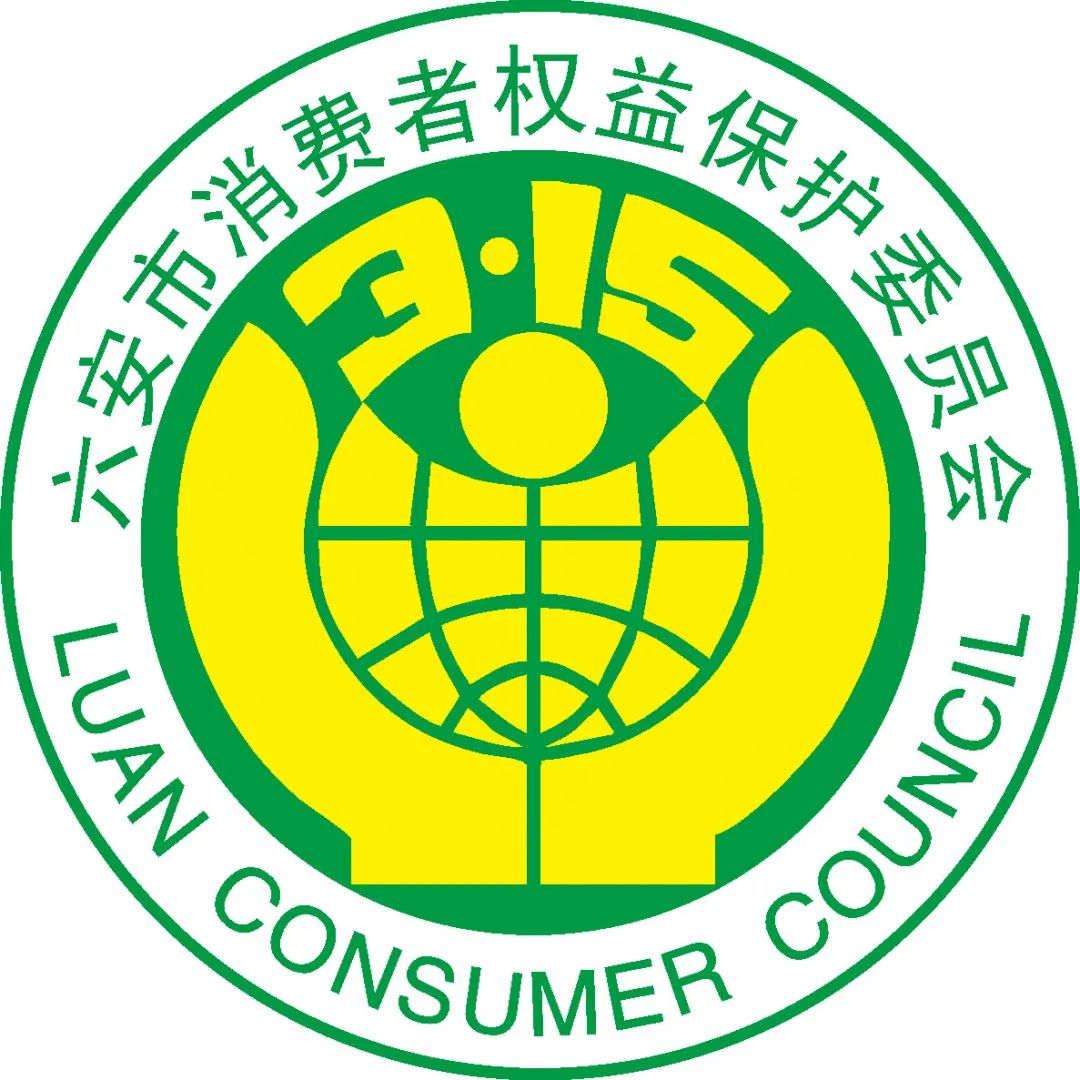 Click ↑↑↑ the blue text to follow us
Click ↑↑↑ the blue text to follow us
In the pursuit of a high-quality lifestyle, customizing a complete smart home has become a choice for many when renovating their new homes. When customizing a complete smart home, some businesses require consumers to pay a certain amount as a deposit when signing the contract. If a dispute arises later, can the consumer claim that the contract can be rescinded due to a significant misunderstanding? Should the deposit be refunded? Let’s explore this through a case reviewed by the Tongzhou Court below.

Case Review

In May 2024, Xiao Liu consulted at a well-known brand smart home customization store operated by Company A, and later signed a “Purchase Contract” with Company A, agreeing to pay 1000 yuan as a deposit, which would not be refunded after the on-site service; if Xiao Liu breached the contract, the deposit would be paid to Company A as a penalty. The next day, Company A sent someone to Xiao Liu’s home for an on-site measurement. A few days later, Xiao Liu requested a refund from Company A.
Xiao Liu believed that Company A’s use of the name and logo of a “well-known brand” in the store led him to mistakenly think that Company A was the official store of that brand, and thus signed the “Purchase Contract”, which constituted a “significant misunderstanding”. Therefore, he requested to rescind the “Purchase Contract” and for Company A to refund the deposit of 1000 yuan.
Company A argued that it was an authorized dealer of the well-known brand and had the right to sell products of that brand. The use of the brand’s name and logo in the store was reasonable, and there was no intention to mislead Xiao Liu, thus it did not constitute a “significant misunderstanding”. Furthermore, the contract stipulated that the deposit would not be refunded after the on-site service, so they disagreed with the refund.

Court Hearing


The Tongzhou Court found that the case mainly had the following two points of contention:
Whether the “Purchase Contract” could be rescinded due to a significant misunderstanding. Before signing the “Purchase Contract”, Company A sent Xiao Liu a company introduction document indicating that “Company A is an authorized service provider for the offline smart project of a well-known brand”. The authorization letter submitted by Company A showed that it was indeed an authorized service provider of the well-known brand when signing the “Purchase Contract”. The company introduction sent to Xiao Liu was consistent with the actual products sold, and there was no false or misleading advertising. Therefore, Xiao Liu’s claim to rescind the “Purchase Contract” was unfounded.
Whether Company A should refund the deposit. First, the “Purchase Contract” was brief and clear, and Xiao Liu should have been fully aware of the contract content and voluntarily signed it. The contract represented the true intentions of both parties, was legal and valid, and both parties should perform according to the agreement. The “Purchase Contract” clearly stated that “the deposit will not be refunded after the on-site service”, and both parties acknowledged that Company A sent someone for on-site measurement and service after the contract was signed. In this case, the deposit need not be refunded. Secondly, on May 10, Xiao Liu stated that he wanted a refund due to the high price and his parents’ disapproval of using smart home solutions, which was a personal reason for not fulfilling the contract, constituting a breach of contract. Therefore, Xiao Liu had no right to claim a refund of the deposit.
Ultimately, the Tongzhou Court ruled to dismiss Xiao Liu’s lawsuit. After the judgment was made, neither party appealed, and the judgment has taken effect.

Judge’s Explanation

1. Under what circumstances can the “Purchase Contract” be rescinded?
Article 147 of the Civil Code of the People’s Republic of China states that a party has the right to request the People’s Court or arbitration institution to rescind a civil legal act based on a significant misunderstanding. Generally, if a party has a mistaken understanding of the nature of the act, the other party, or the type, quality, specifications, price, quantity, etc. of the subject matter, and if it can be understood that the party would not have made the corresponding expression of intent without that misunderstanding, it can be recognized as a “significant misunderstanding”.
In this case, Company A had clearly informed Xiao Liu of its identity as an authorized service provider before signing the “Purchase Contract”. Xiao Liu later claimed to rescind the contract based on the confusion between “authorized store” and “official store”. Xiao Liu’s misunderstanding was not caused by Company A’s intentional concealment of key information or false statements, but rather a cognitive bias regarding Company A’s identity. However, this cognitive bias did not reach the level of a “significant misunderstanding”. Company A’s identity as an authorized service provider does not affect the actual quality of the product or service content, nor does it affect Xiao Liu’s ability to achieve the purpose of the contract. Therefore, Xiao Liu’s simple cognitive bias regarding Company A’s identity does not constitute a “significant misunderstanding”, and his request to rescind the “Purchase Contract” should not be supported by the court.
2. Is the stipulation that “the deposit will not be refunded after the on-site service” legal and valid?
Customizing a complete smart home has personalized characteristics. In addition to providing products, businesses must also conduct on-site measurements to provide customized services such as determining points and reserving lines based on the consumer’s house type and specific needs, which incurs certain costs. Some businesses collect a certain amount as a deposit or earnest money after both parties reach a transaction agreement, stipulating that the deposit will not be refunded after providing on-site measurement services. This is a reasonable business practice to avoid speculation by consumers and reduce losses, and does not constitute an unfair clause that increases one party’s liability while reducing the other party’s obligations. It should be legal and valid, and both parties should perform according to the agreement. In this case, Xiao Liu was clearly aware of this but later requested a refund based on high quotes and parental disapproval of using smart home solutions, which not only did not comply with the contract’s stipulations but also constituted a unilateral breach of contract. Therefore, his request for a refund should not be supported.

Judge’s Reminder

In personalized customization consumption, the goods or services provided by the operator have uniqueness and specificity. Once the operator prepares for customized production, if the consumer cancels the order, the related resources are difficult to repurpose. Therefore, consumers should carefully review the qualifications of the contract parties, product information, and other key contents before signing the contract to avoid making expressions of intent based solely on subjective speculation. The determination of a “significant misunderstanding” must strictly comply with the legal constitutive requirements, and not all cognitive biases can serve as grounds for rescinding a contract. Additionally, consumers should clearly understand their rights and obligations in the contract and the breach clauses. When the contract involves payments such as deposits or earnest money, they should understand the nature of the payments and refund conditions in advance, and make rational decisions based on their needs and financial situation to avoid unnecessary economic losses.
Moreover, operators have the obligation to fully, truthfully, and clearly inform consumers of the true situation of the products or services, and should disclose important information that may affect transaction decisions to reduce the possibility of misunderstandings from the source.
Legal References

Civil Code of the People’s Republic of China
Article 147 A party has the right to request the People’s Court or arbitration institution to rescind a civil legal act based on a significant misunderstanding.
Article 509 Parties shall fully perform their obligations as agreed.

Interpretation of the Supreme People’s Court on Several Issues Concerning the Application of the General Principles of the Civil Code
Article 19 If a party has a mistaken understanding of the nature of the act, the other party, or the type, quality, specifications, price, quantity, etc. of the subject matter, and if it can be understood that the party would not have made the corresponding expression of intent without that misunderstanding, the People’s Court may recognize it as a significant misunderstanding as stipulated in Article 147 of the Civil Code. If a party can prove that there was a significant misunderstanding when performing a civil legal act and requests to rescind that civil legal act, the People’s Court shall support it according to law; however, this does not apply if the party is determined to have no right to request rescission based on transaction habits, etc.
Source: Jingfa Wangshi
